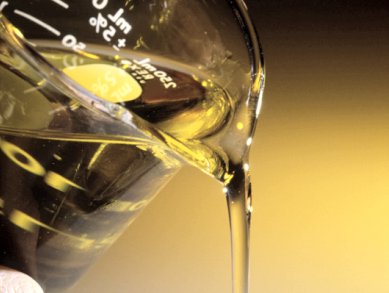The self-assembly of molecules into complex aggregates occurs in nature and in the supramolecular chemistry laboratory. Researchers from the Eindhoven University of Technology and the University of Utrecht, both the Netherlands, have constructed a supramolecular motif that they say can help them probe the solvent effects in self-assembly. The motif should allow them to tease out the subtleties of the non-covalent interactions that take place and the influence of solvophobic effects.
They have shown that small changes in alkane solvents can affect the outcome of aggregates formed by stereoselectively deuterated benzene-1,3,5-tricarboxamides, influencing chirality and highlighting the solvents’ influence.
- A stereoselectively deuterated supramolecular motif to probe the role of solvent during self-assembly processes,
S. Cantekin, Y. Nakano, J. C. Everts, P. van der Schoot, E. W. Meijer, A. R. A. Palmans,
Chem. Commun. 2012.
DOI: 10.1039/C2CC17284D



